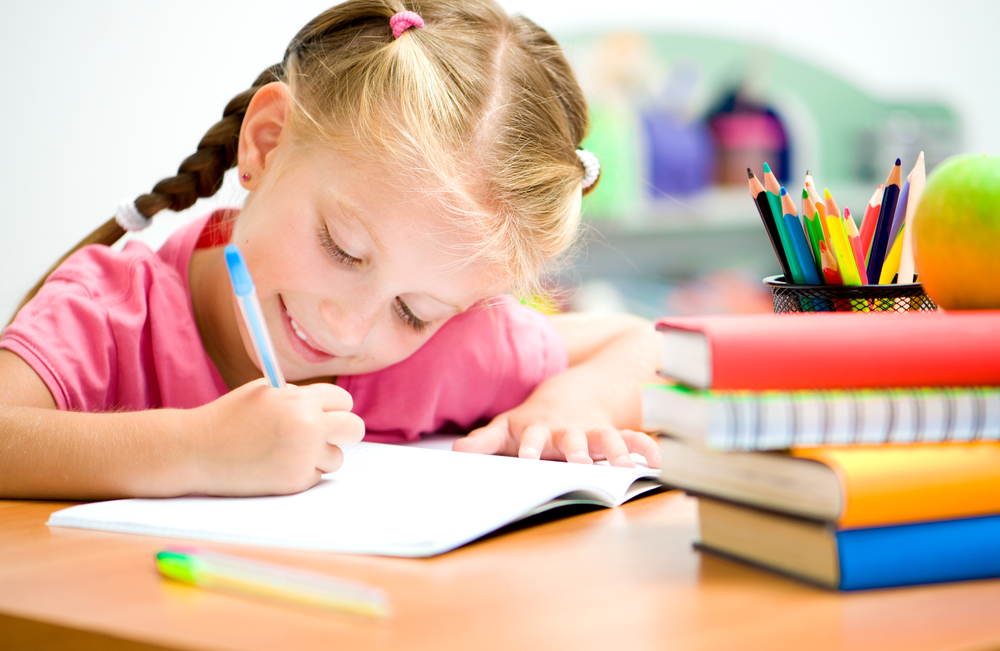Have you ever thought about how fortunate we are to live in Australia? In particular, to educate our children and provide opportunities that can prepare them for a successful and prosperous life ahead?
Thankfully the Australian National Curriculum is designed to develop successful learners, confident and creative individuals. Alongside disciplinary knowledge, the Australian Curriculum provides seven general capabilities, Literacy being the first.
Ensuring children can read and write effectively is critical to their development and necessary to their overall well-being.
Provided that 76.8% of Australian’s speak English at home, this may be something many take for granted. Did you know in Australia there are over 200 languages spoken? For the thousands of overseas migrants and refugees who chose Australia as their home, literacy is the key to unlock opportunities for their children to build a positive life in their new country of residence.
Kiddipedia is thrilled to announce the partnership with Reading out of Poverty in support of their vision to promote the importance of literacy in the early years.
Let us take a look at this incredible organisation and the impact their work has on the lives of families and children.
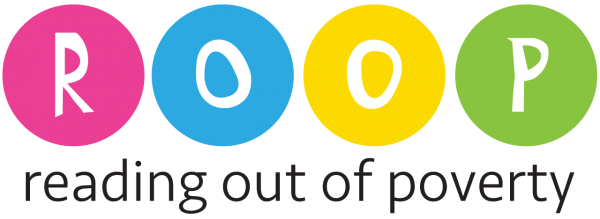
-
Why was Reading out of Poverty founded?
Australia is known as a vibrant and multicultural country, approximately 7 million people have migrated to Australia, and 20% of people speak a language different from English.
The migration process could be an overwhelming journey, leave family and friends, learn a new language, find accommodation and a new job, reach financial stability for you and your family and many other stressful situations that you might face when moving to a new place.
This situation can affect the literacy and education of children from migrants and refugees’ families negatively. While they settle to their new life, children can be left behind from their local peers, kids from a disadvantaged background are more likely to have difficulties in the learning of literacy skills in their early years.
Reading out of Poverty was founded to promote the importance of literacy in the early years and provide literacy resources and services to families and children from low socio-economic backgrounds; including migrants, refugees, and indigenous individuals in Victoria.
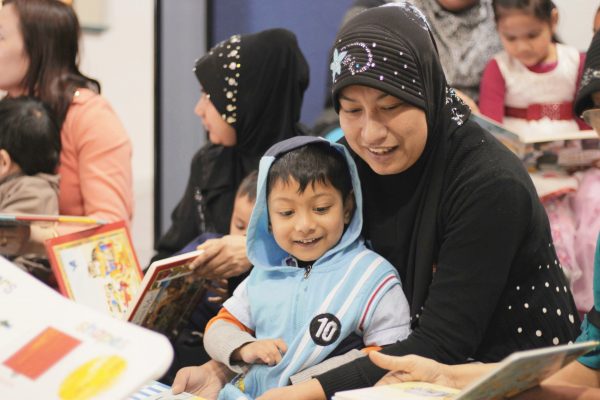
-
How does Reading out of Poverty help improve children’s lives?
The development of reading and writing skills starts from an early age with the communication need of any human being. Since childhood, babies use gestures, sounds, and corporal language to communicate their feelings and needs.
A research conducted by Harvard affirms that in the first few years of life, more than 1 million new neural connections are formed every second, the five first years shape the intelligence, personality and social behaviour of a person. Nurture and stimulate children’s minds are as important as feed their bodies.
Developing a love of play and reading from an early age feeds a child’s natural curiosity with learning. Being exposed to developmental play and storytelling are the fundamental foundations of literacy and language progression. It is the key to academic success that can assist in breaking the cycle of poverty.
Reading out of Poverty is transforming children’s lives through the power of literacy!

-
How can literacy break the poverty cycle?
Illiteracy affects all areas of life. Illiterate people struggle with daily activities, are more likely to live in poverty, are more exposed to diseases, cannot find a qualified job, and are every day more isolated from a world where progressively move faster and is dependent on technology.
Too many Victorian children are entering the school system either illiterate or with extremely low literacy skills. Many low-income earners struggle to afford books for their children, widening the literacy gap between children from a low socio-economic background and those of higher income status.
Lack of literacy skills can cause low academic performance across all curriculum areas, spanning a child’s entire school life. If children are not supported in their literacy journey, they may be trapped into an unbreakable cycle of poverty.
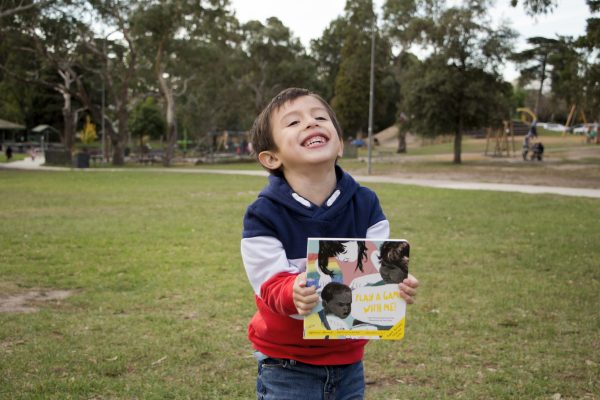
-
What difference does reading 20 mins a day make to a child’s life?
Have you ever heard about the 30-million-word gap?
Students living in Poverty will know 30 million fewer words than their privileged, wealthier peers, by three years of age.
Reading-aloud to your child is very important to start closing this gap and it also:
- Stimulate children imagination, concentration, and listening
- Promote children brain development
- Help in their language development
- Facilitate their understanding of the world
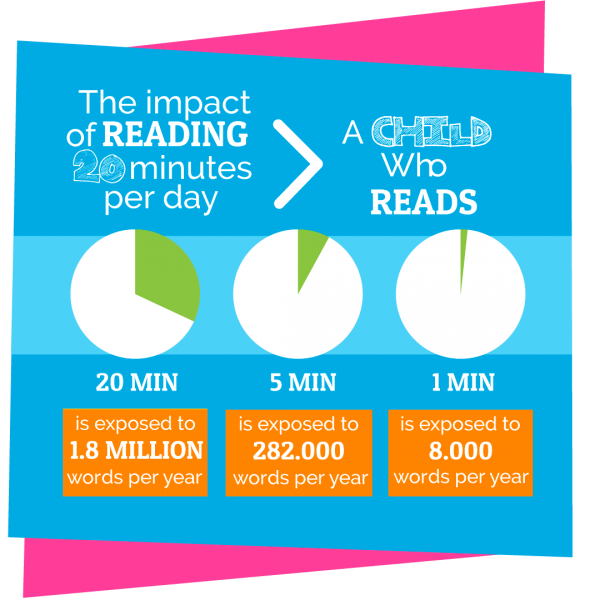
-
How do donations help make a difference to the foundation?
Reading out of Poverty is a volunteer-based organisation, but they constantly need the provision of books and literacy resources. These resources are distributed throughout the different community groups and Child and Maternal Health Centres to support the literacy development of children from a disadvantaged background. Your donations allow them to continue delivering their services; they simply cannot lift children out of poverty without donors.
For more information, please visit https://roop.org.au/ or follow them on Facebook @readlearnandplay or Instagram @readingoutofpoverty.
You may also like to read:



